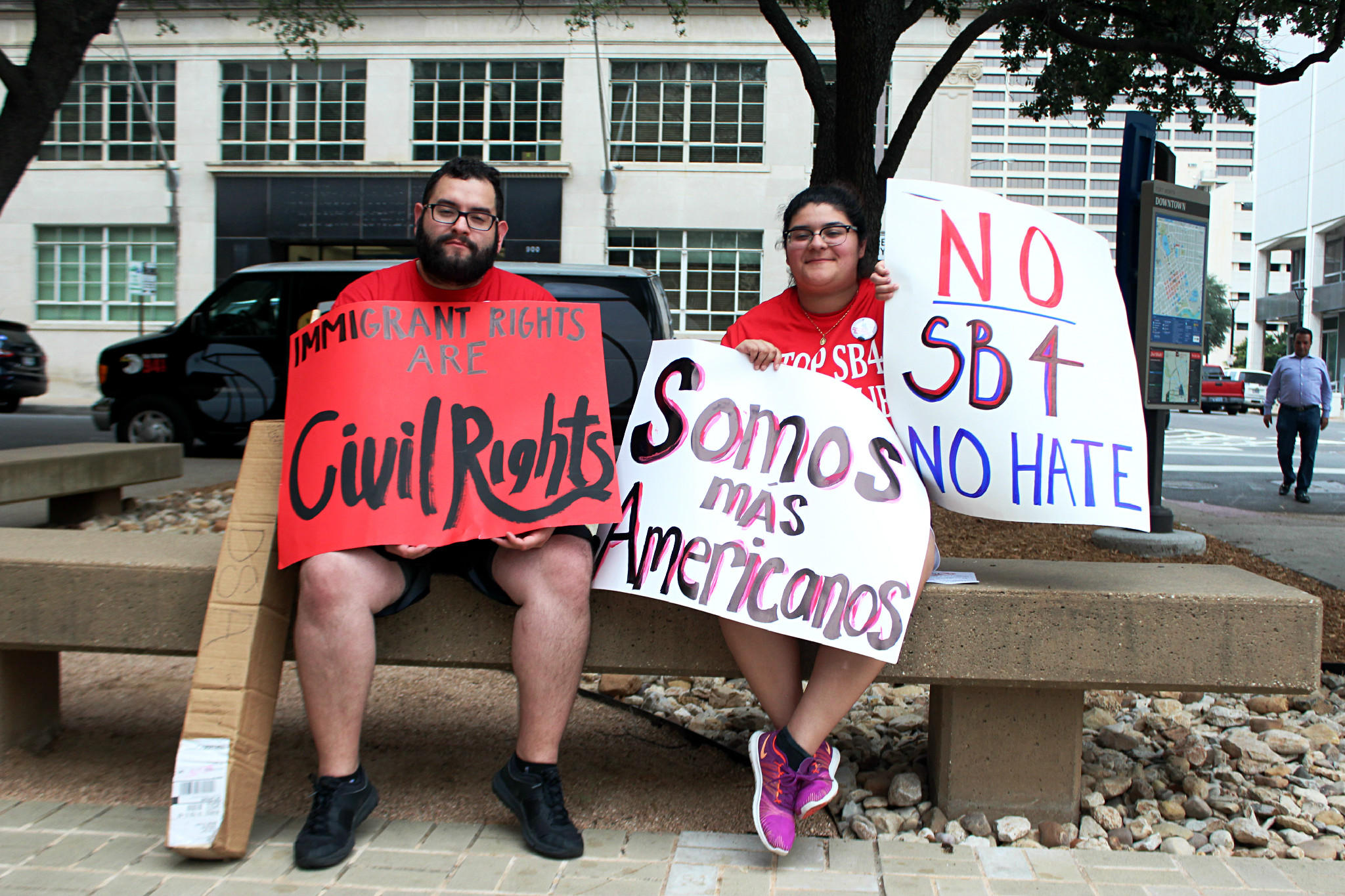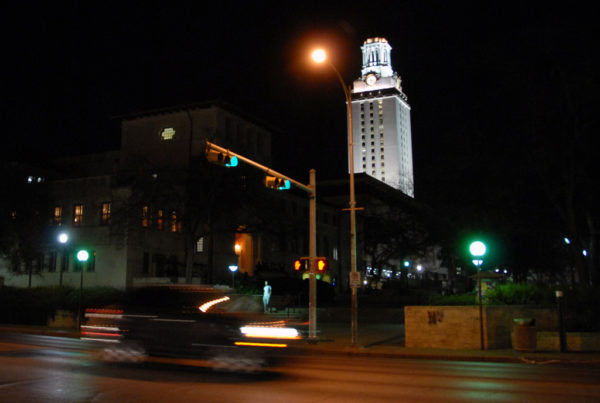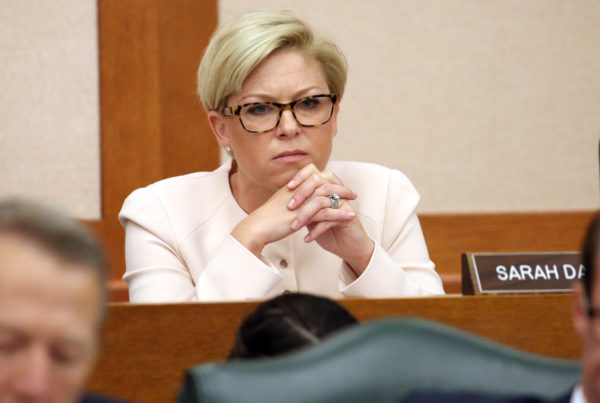The Standard’s news roundup gives you a quick hit of interesting, sometimes irreverent, and breaking news stories from all over the state.
Fort Worth remains the largest Texas city that is unopposed to Senate Bill 4, the state’s new immigration law banning so-called “sanctuary cities.”
KERA reports on Tuesday, the Fort Worth Police Department told city council members that SB 4 won’t fundamentally change how they go about policing.
Still, the department says it expects the law to damage trust with immigrant communities, thereby making them more vulnerable to crime.
Even though SB 4 doesn’t take effect until September, the police already see evidence that people are more afraid to call the cops. That’s why council member Ann Zadeh made the case Tuesday that the city should join a lawsuit opposing SB 4.
“While we as a city and we as a council and the police as an organization all might have the best intentions,” Zadeh said, “there are many members of the community that I’ve been hearing from regularly about this that don’t feel safe in that respect and are very, very concerned about this.”
Ultimately, the Fort Worth City Council didn’t take a formal vote on whether or not to join a lawsuit challenging SB 4, as cities like Dallas, Austin, and Houston have done.
But it was clear that the council would have voted against joining – since five of the nine members were opposed.
A federal judge in San Antonio has already heard the case challenging SB 4, but hasn’t issued a decision yet.
The Texas House tentatively approved a bill Tuesday to head off steep increases in health care premiums for retired Texas teachers.
The house would use $212 million from the Rainy Day Fund – the state’s emergency savings account – to shore up the state-run health insurance program for retired teachers.
The bill’s author, Lufkin Republican Rep. Trent Ashby, said “This is about helping teachers, who in many cases live paycheck to paycheck.”
But some members of the house raised concerns about using the Rainy Day Fund, since the Texas Senate has made it clear it doesn’t want to use that pot of money.
The state senate passed its own bill that would also put $212 million into the system – but it would borrow those funds from the state’s health agency.
When it comes to overall healthcare performance – a new report finds Texas ranks 41st in the nation, along with South Carolina and Georgia.
And that’s despite more than a million Texans enrolling in Obamacare this year.
As Texas Public Radio’s Wendy Rigby reports, the high rate of uninsured Texans seems to have landed the state dead last in a key healthcare category:
Texas has more uninsured people than any other state in the nation.
Brian Sasser is Director of Communications for the Episcopal Health Foundation in Houston, which released the numbers compiled from the Commonwealth Fund Scorecard.
“The state ranks rock bottom in access and affordability of health care,” Sasser reported. “We still rank 51st if you count Washington, DC.”
Sasser said when Texas chose not to expand Medicaid under the Affordable Care Act, that decision had a big impact. “More Texans would have access to health insurance and access to quality health services had the state decided to expand Medicaid.”
Hispanics lack access to care in the greatest numbers. They often don’t have a primary care physician and they skip important cancer screenings.
















